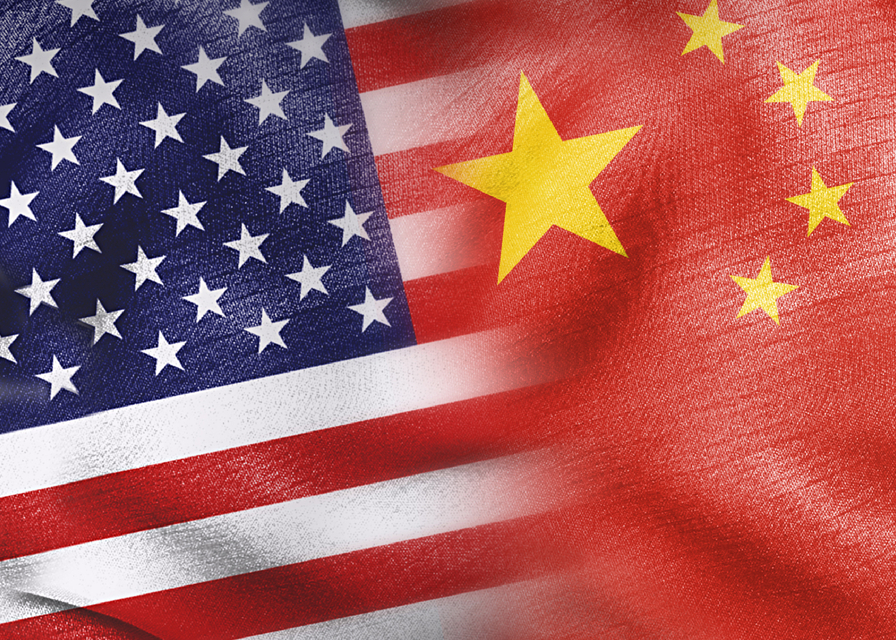Experts told a House subcommittee Wednesday that China’s government coordinates a strategy to steal U.S. intellectual property – and the waiver of COVID IP would help them access cutting-edge technology.
The new House Judiciary Subcommittee on Courts, Intellectual Property, and the Internet launched this week with a hearing, Intellectual Property and Strategic Competition with China, the first in a planned series on the topic. Chaired by U.S. Rep. Darrell Issa (R-CA), the subcommittee has jurisdiction over U.S. Courts, the Federal Rules of Evidence, Civil and Appellate Procedure, judicial ethics, copyright, patent, trademark law, and information technology.
China is the biggest threat to U.S. IP, costing the U.S. economy $250-$600 billion a year, said Rep. Issa.
“America, the heartland of innovation, is in fact fertile ground for China’s investment in our patents,” noted Rep. Issa. “American national security is at risk because of China’s government’s quest to achieve superiority using both internal and externally gotten technology.”
China’s judicial system includes 2,000 IP judges handling 600,000 cases a year. While these courts often protect non-Chinese patent holders, they also represent a long-term goal of dominating global patent decisions, warned Mark Cohen, a professor at UC Berkeley Center for Law and Technology.
But China is not the only threat to IP and innovators in the U.S., experts agreed. Rep. Deborah Ross, who represents North Carolina’s Research Triangle Park, expressed concern that weakened IP protections in the U.S. have placed American innovators at a competitive disadvantage. She noted the uncertainty surrounding patent eligibility for cutting-edge innovations that received patent protection in China and the European Union but not in the U.S.
The hearing “exemplifies the dynamics and the ongoing scrutiny we’re going to see in this space,” said Nick Shipley, Chief Advocacy Officer of the Biotechnology Innovation Organization (BIO), in reaction to the hearing. “There’s been a long history of concern about IP protection, counterfeiting, etc. in China. It’s something that quite frankly the U.S. Trade Representative (USTR) has acknowledged.”
This will be a recurring theme, especially as we see growing competitiveness in the biopharma space particularly coming out of China, added Shipley.
[embedyt] https://www.youtube.com/watch?v=2UPpTYEieOY[/embedyt]
How the COVID IP waiver would accelerate Chinese IP theft
The hearing also covered the waiver of the WTO’s Trade-Related Aspects of Intellectual Property Rights (TRIPS) Agreement for COVID technology.
The waiver is “essentially a transfer of technology to China and other countries,” said Rep. Issa, echoing BIO and pharmaceutical manufacturers around the world.
China had long pushed for the waiver as a way to gain access to groundbreaking COVID-19 technology like mRNA, said BIO’s Shipley last year. “China is currently following a 10-year plan to become “the number one player in biotech,” he said. “The mRNA technology is a real seismic leap, there’s just no other way to put it. That’s why everyone wants it.”
“IP is the lifeblood of the industry,” said Shipley after Wednesday’s hearing. “You need to respect it. You need to protect it appropriately. It’s something that we wish the U.S. government leaned in a little bit more on, quite frankly, because it breeds innovation in ways that we should be trying to encourage. And that’s exactly why you see the Chinese trying to get access to that technology… It’s why they’re supporting things like the TRIPS waiver. They want to see they want easier access to that IP. And they want to be able to make the same leap forward with their domestic pharmaceutical industry so they can compete with ours in a very real way.”
The WTO is considering expanding the COVID IP waiver to cover therapeutics and diagnostics. The U.S. urged the WTO to delay the deadline to decide and is now accepting comments.




